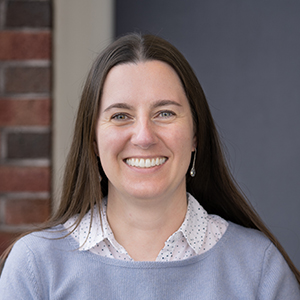How to Reduce Debt Faster with Principal Payments

When you take out a loan or put charges on your credit card, you’re not just responsible for paying back the amount you have borrowed; you also have to pay interest. However, you can reduce the amount of interest you owe by making extra principal payments. How do you do that?
Let’s start with some definitions:
Principal: this is the amount of money you borrowed. In other words, if you took out a mortgage for $130,000, your principal is $130,000.
Interest: this is the fee you are charged to borrow money. How interest is compounded depends on what type of borrowing you are doing but in general, interest payments are larger in the beginning and decrease over time.
When you pay down your principal balance, you reduce the total amount borrowed. Interest is then calculated using a lower balance, and consequently you owe less interest. This allows more to go toward the principal, enabling you to pay down the loan more quickly. There are many ways to reduce debt faster with principal payments. Even small increases in your monthly principal payments can positively impact your debt.
Set Up Automatic Payments For Credit Cards.
An easy way to pay down credit card debt is to pay more than the minimum balance. If it is affordable, double the minimum payment on your credit card to reduce your debt quicker. If it’s not affordable to make a sizeable payment, even $10 extra dollars will help reduce your debt. Setting up automatic payments to your credit card can help keep you accountable. Automatic principal payments also works for auto or mortgage loans.

Support Local Businesses and Save
Enjoy a competitive rate on Vermont-based purchases with the VERMONT Platinum Visa® credit card.
Make One Extra Payment a Year on a Mortgage.
Making one extra payment on your mortgage helps reduce the term of the loan in addition to helping you save money on interest. When you take out a mortgage, you will pay more interest in the beginning. Interest is compounded, meaning that each month’s interest paid is determined by the total balance owed. When you pay extra, you reduce the principal, so less interest will be calculated in your monthly payment. To make one extra payment per year, divide your regular monthly payment amount by 12 (months), and include this amount with your regular payment. For example:
Your regular monthly payment: $900
plus the payment divided by 12 ($900 ÷ 12): $75
equals the new monthly payment: $975
Round up Payments.
An easy way to increase your loan payment relatively painlessly is to round up your payment amount. A loan payment can be rounded up to as little as the closest dollar, or by a larger amount, such as the nearest ten dollars. As long as the lender is applying the extra to principal, and not applying it as a prepayment, this will help reduce interest. When you prepay your loan, the lender applies your excess payment to your next mortgage bill, not to your principal balance. Prepaying on a loan may be helpful in some circumstances, but will not reduce the amount of interest paid each month. Be sure to note on your check that extra funds should be applied to principal.
Make Small Increases over Time.
If you’re trying to work up to a certain principal payment amount, start with small increases that will build over time. For the first month, pay an extra dollar towards principal, increasing your principal payments by a dollar each month until you reach your goal.
Apply Extra Money to Principal.
You can apply your annual bonus, tax return, or extra money at the end of a pay period to your principal payment. Even if the payments are not consistent, paying additional towards principal will add up over the years, helping you pay less in interest.

You Also Might Like

Debt Consolidation Strategies: A Path to Financial Freedom

Sipping on Wisdom: Embracing Life’s Little Luxuries without Financial Regret

Debt Snowball vs. Debt Avalanche: Two Ways to Get Out of Debt

Stay informed
Stay up to date on financial tips, tricks, and tools that will build your financial literacy and help you live a more prosperous life.
